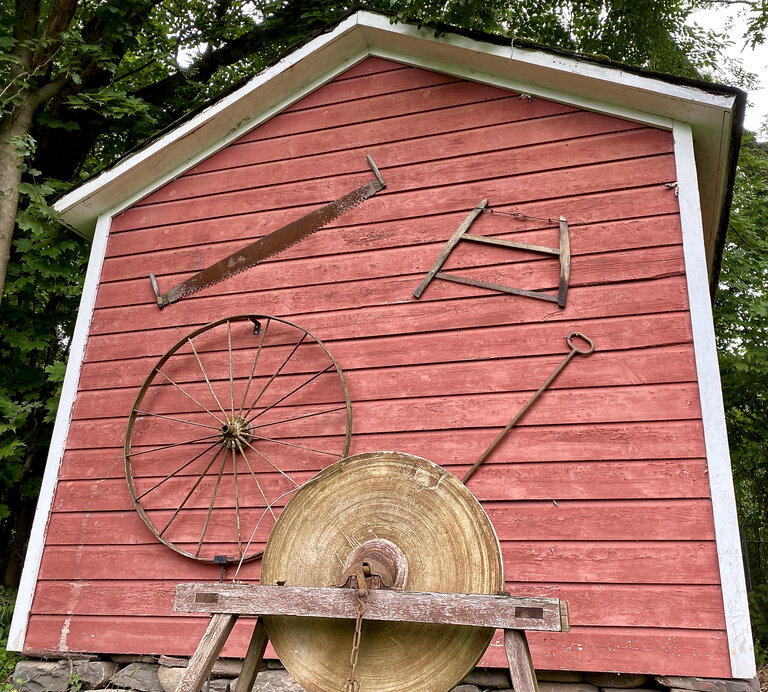
In earlier posts, I’ve written about a wish to go away somewhere to write. Spending thirty to sixty minutes each morning on writing is helpful, but doesn’t allow the flow and focus I think could happen if I went on a retreat. My vision is pretty typical; spending two weeks in a remote cabin in the woods, with only pads, a laptop/iPad with no Internet, a few classic books for inspiration. And lots of hiking trails and contemplative fires. Even writing this makes me yearn for this mythical cabin.
This vision is powerful and I’ve carried it around for as long as I’ve been scribbling words on the page. And that made this article stunning. It’s a letter to an advice column in Outside magazine about a woman who basically is doing what I described; living in a cabin in remote Montana by herself with only nature, hiking trails, and her writing. Perfect, right? Except she’s miserable and can’t write and is lonely and has writer’s block. Her problems got worse instead of better.
I froze after reading this article. Could it be my ideal situation… isn’t so ideal? There are differences; she just ended a long-term relationship, references unresolved trauma and is trying to write about herself and nature. I don’t have any of those conditions, but the story (and the advice) still hit home; wherever you go, you will find yourself there. What you carry into solitude is more important than the solitude itself.
This tale hasn’t stopped me from wanting a few days or weeks to dedicate to writing. I wonder how much of her issue is the indeterminate duration and extreme isolation; I’d work in human interaction every day. It’s not the reflection on nature I’m seeking; it’s the absence of distraction.
The given advice is fantastic, essentially a version of the Five Why’s. It’s a great framework to use when trying to understand where you are and where you’re going. And his advice on writing it spot on:
“I think that a lot of writer’s block comes from trying to write something you don’t really mean. Fiction, memoir, whatever—you have to feel it. You have to care. The work needs to have stakes for you. That’s how you get electricity on the page; your readers feel the risks you’re taking. Readers are smart. They sense, even when they don’t understand. Even when they don’t know. And there are few things more dull on the page than a performance.”
I know I’ve struggled to incorporate other’s opinions on what makes a good story and the levels of introspection and examination…. that’s not for me. When I tried to write like that, there was no “electricity” on the page. I tried to be someone I wasn’t.
